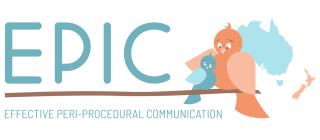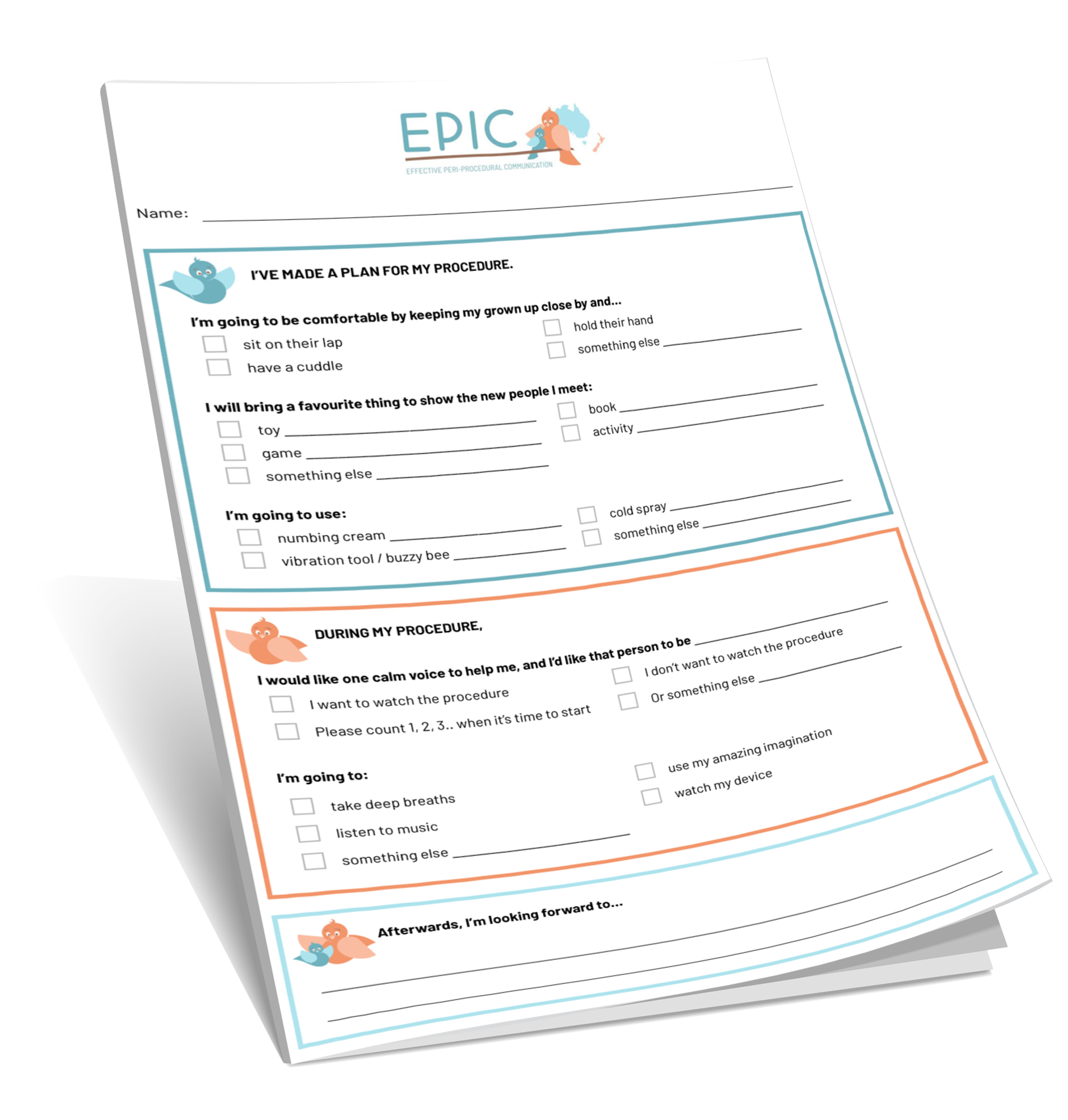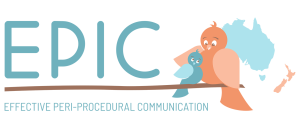Children & Young Adults
Resources for Children
and Young Adults
We know having medical procedures can seem scary!
We also know kids have the power to learn great skills to make them a whole lot easier.
We have collected some of the best resources to show you how.
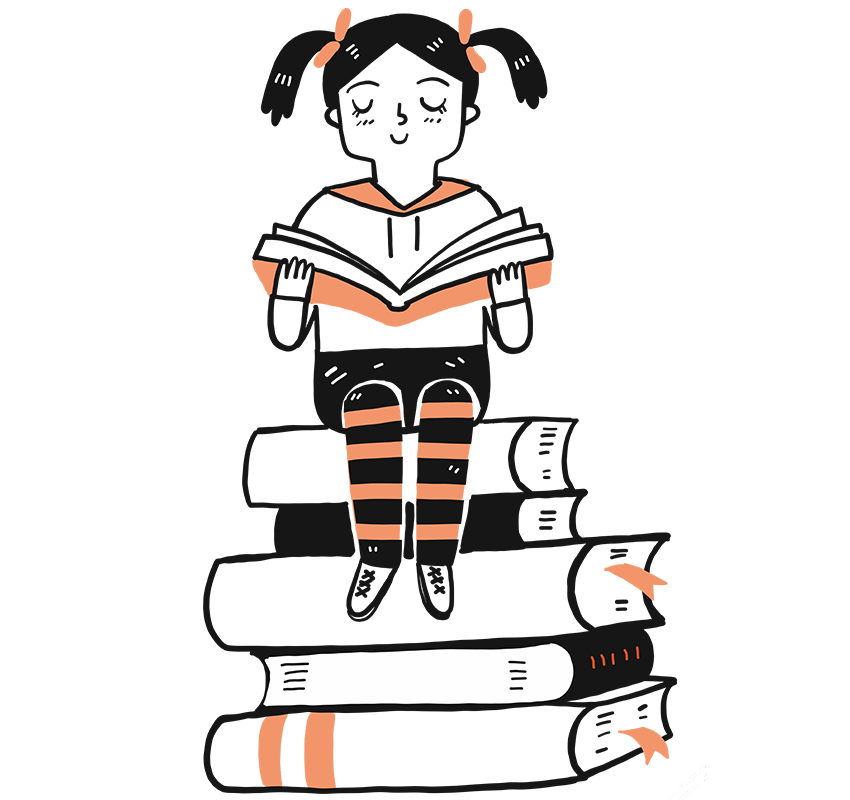
Plan
Create your EPIC Game Plan
Everything is better when you have a plan – fill out your EPIC Game plan to let you team know how you can make your procedure as easy as possible!
Watch
You are the boss of your brain
A helpful video guide to learn about how pain works and how to have more control over your pain, your body and your experience during medical procedures.
Directed by Dr Jody Thomas for Stanford Children’s Health and Lucile Packard Children’s Hospital.
So you’re having an anaesthetic?
A helpful video to explain what happens when you go hospital for an operation.
Meet your Anaesthetic Doctor and understand more about how they will care for you and keep you comfortable while you have your anaesthetic.
Listen
Belly Breathing Audio Guide:
Meg Foundation
This video/audio guide will take you through a simple but effective breathing exercise to teach you how quickly and easily you can use your breath to feel better and more control. It’s your very own superpower!
Learn About ImaginAction
ImaginAction is a skill that uses our natural ability to focus and be absorbed in experiences to help feel better in some way.
You already know how good it can feel to get lost in a movie, or a good book, or a cool video game. ImaginAction just helps you do the same thing on purpose so can feel better or different when YOU want to.
The best way to learn about ImaginAction and how it can help you is to watch this short video!
ImaginAction is part imagination, because it’s something you can do in your brain. But it is also part action, because it literally changes your experience in your body. Another name for it is self-hypnosis. The audio guides include techniques for relaxation, being in control of your feelings, improving sleep, feeling less anxious, more comfortable and to feeling calm during medical procedures.
Practice
Smiling Mind
Download the Smiling Mind App to help with practicing relaxation with daily mindfulness exercises.
The Smiling Mind app is a unique tool developed by psychologists and educators to help bring balance to your life.
Children & Young Adults FAQs
Here are some questions children commonly ask in the lead up to an anaesthetic. And also some suggestions on how to answer them…..
5 year old Evie is having an operation for her broken leg tomorrow.
Dad says to her, ‘Evie, guess what? The doctor said we can fix your leg tomorrow and make it all better. In the morning, we’re going to this amazing place called the hospital. We will have to wait a bit, like we did when we went to the emergency room. Then a doctor will give you this great mask thing that goes on your face. The mask goes on your face for a few minutes and then you have a special sleep. When you wake up, your leg will be all fixed and you get to have an icy pole. And guess what? You get to play games on my phone the whole time we’re waiting and after your leg is fixed we can maybe get takeaway for dinner. What do you want for dinner after your leg is better, pizza or a burger?’
It is often possible to put special cream on the skin where the drip is going to go. The cream makes the skin ‘numb’, which means the child won’t be able to feel very much when the drip is put in. They will still feel some touching but probably won’t feel the sharp feeling of the drip going in. You can discuss this with your anaesthetic doctor or the nurse who you see when you come to the hospital.
You can tell your child something like:
‘The doctor puts a special, tiny little straw into your hand and then puts medicine into it which helps you to sleep. The sleep is a really special sleep, where you don’t feel anything at all. Then you wake up and you’re all fixed!’
If your child is going to sleep with a drip then you can explain that they are having a little straw in their hand. It has a needle in it when it goes in and then when the straw is in the right spot the doctor throws the needle out and then there’s just the little straw left. You can also mention they can have some ‘magic cream’ which helps them to not feel much of what’s happening when the
drip goes in.
If your child goes to sleep breathing on the mask they will wake up with a drip in their hand or foot. It is often wrapped up with a bandage and comes out before you go home. When it comes out it’s like having a large bandaid taken off and while it’s happening you can distract them by playing a game, using a toy or chatting.
This is often something that worries pre-teens and teens.
The anaesthetic sleep is different to normal sleep, so your child won’t wake up like they wake up when someone talks to them or touches them like, for example, when it’s time to get up for school!
The sleep medicine (anaesthetic) is given the whole time they're having the operation and this keeps them asleep. When the procedure is finished, the anaesthetist stops giving the medicine and your child will wake up as the medicine is cleared from your child’s body.
The whole time your child is anaesthetised, the sleep doctor is watching them, keeping them safe and making sure they are deeply asleep. They can give more or less anaesthetic to get it just right.
Waking up from an anaesthetic feels like waking up from a really good sleep. It can feel like you fell asleep just a second ago and now you’re awake again. It can also feel like you still want to go back to sleep for a while.
Some children are sleepy or even grumpy for a while afterwards but this will wear off.
The anaesthetic doctor and the surgeon will give you medicine to help you feel as comfortable as possible when you wake up. If you are not comfortable enough, we can ask the doctor or nurse for more medicine.
Occasionally this happens after anaesthesia and surgery. The anaesthetic doctor will most likely give medicine during the anaesthetic so that your child’s tummy is as settled as possible when they wake. They can have extra medicine if they need it.
A way of explaining this to your child could be:
“The doctor will give you medicine while you’re asleep which helps you feel like having a drink and something to eat after you wake up. What would you like to have when you first wake up? A drink of water, apple juice or an icy pole? What colour icy pole would you like?”
Focussing on bad experiences from the past can actually make your child feel worse this time.
Explain that this time things can be different, use positive words. You can talk to your anaesthetist about what happened and this helps them tailor the anaesthetic for you this time. For instance, they might give different medicines for nausea and vomiting.
The anaesthetic doctor and anaesthetic assistant will be with you the whole time, keeping you safe and comfortable. After you are asleep, I will be close by in a waiting lounge, ready to be with you as soon as possible afterwards.
You will wake up in the Wake Up Area (Post Anaesthetic Care Unit), after the operation is finished. There will be a nurse looking after you and I’ll be there sitting next to you right after you wake up.
In the Wake Up Area, nurses will look after you, making sure you are safe and comfy. They will call me just as you wake up and I’ll come and sit with you. While you wait for me, you can have your favourite toy or blanket with you to snuggle.
As soon as the nurses are happy that your child is awake, breathing well and that the operation went well, they will call you in.
